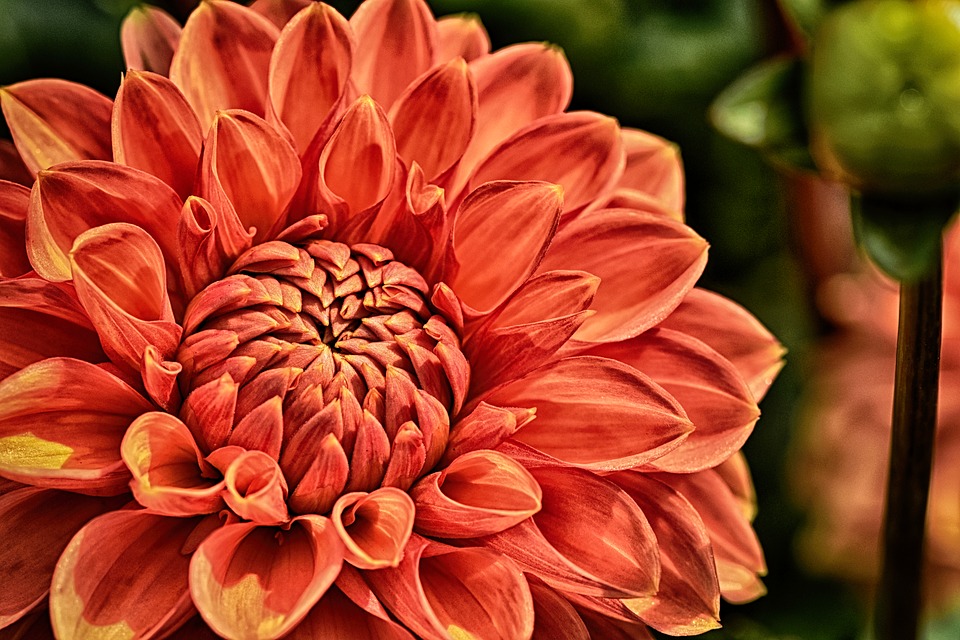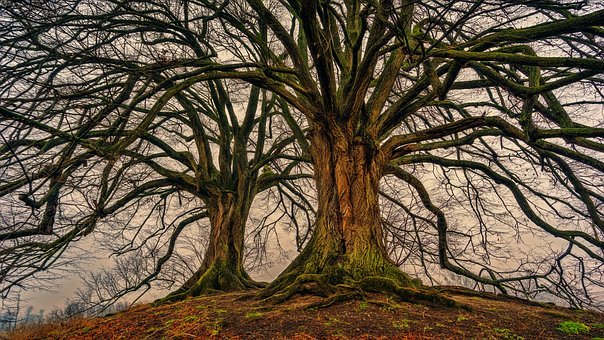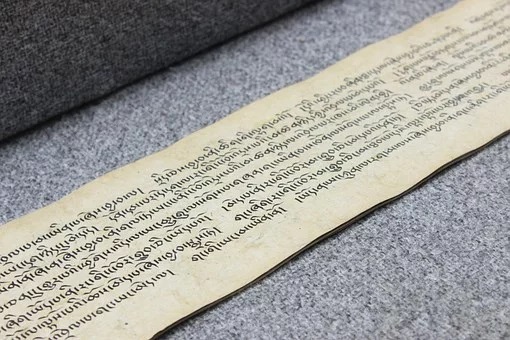The true nature of happiness is a special feeling from within. Sometimes this feeling is related to material matter; other times there is no connection at all. Material matter is only one cause or condition which creates a feeling of well-being. It can bring about a temporary sense of security or satisfaction, from which one can in turn derive temporary happiness. The different forms of happiness, such as a steady income, are sources of happiness but are not happiness itself.
If happiness is a feeling, what is the basis of this feeling? A feeling of happiness comes from satisfaction; a feeling of satisfaction comes mostly from a new and fresh sensation. These types of feeling are all related to our mind and have no direct connection with the material world.
~Depicted from ARE YOU READY FOR HAPPINESS - The Tibetan Buddhist View on Happiness











